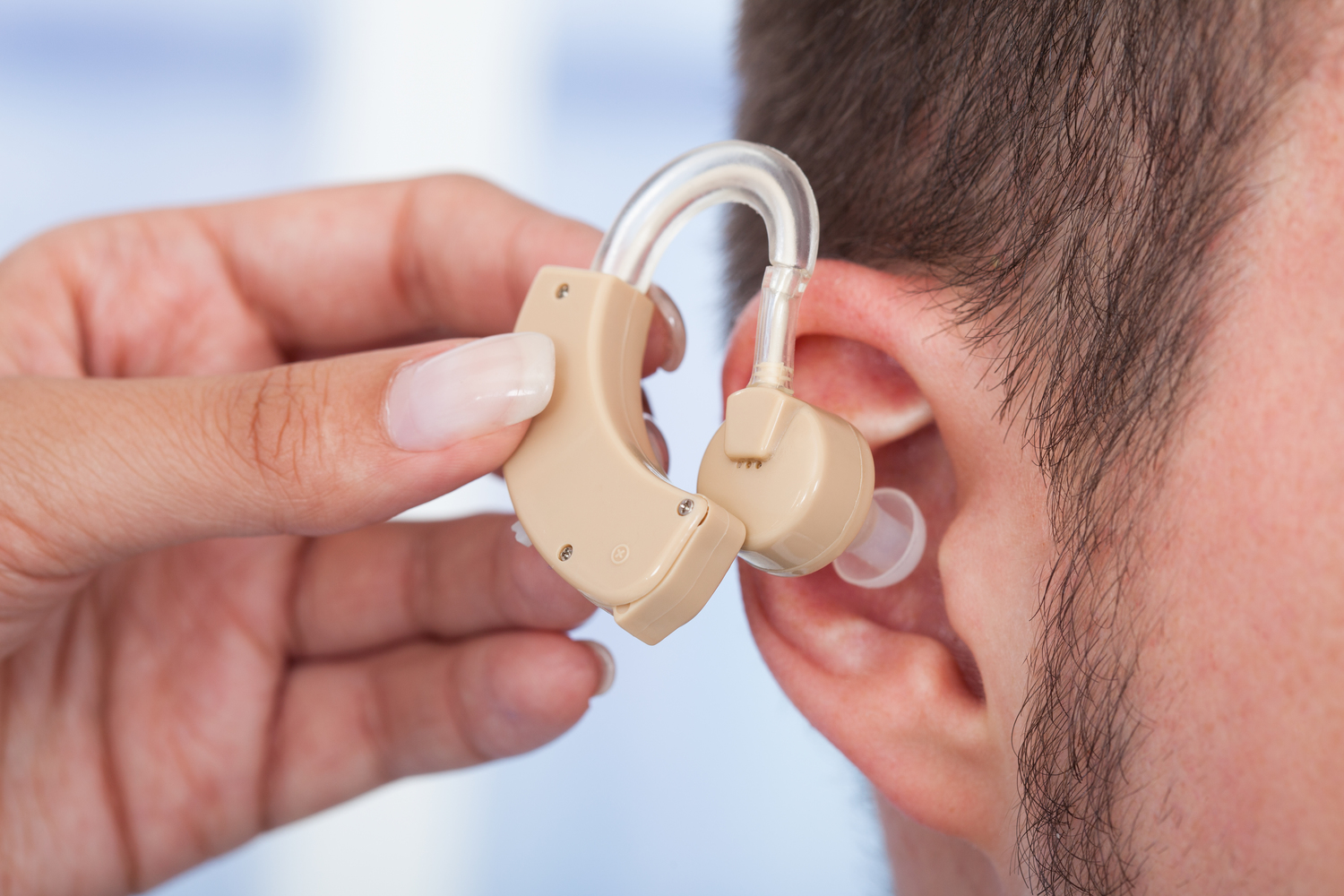
How to Choose the Right Hearing Aid
Hearing aids are electronic devices that provide sound to patients with partial or total hearing loss. There are different types of hearing aids to choose from, including wireless rechargeable hearing aids (like the popular brand Eargo wireless hearing aids) that also come with an activation kit, which includes a charger and batteries for your devices. Many wireless hearing aid options also utilize Bluetooth technology to connect wirelessly to smartphones or tablets so the user can stream audio content directly from any compatible device.
Hearing aids are a very personal choice. Read on for some helpful tips for choosing the right hearing aids for your specific needs:
1. Get a Checkup with an Audiologist
The first thing you should do is schedule an audiogram test. The results will help determine which ear has a higher degree of hearing loss and the nature of your condition. You can get this done at any otorhinolaryngologic or a reputable audiology clinic. If there are other issues going on with your ears, such as earwax, infection, or a foreign object in your ear canal, the doctor will need to extract it before you can wear hearing aids.
2. Ensure the hearing aid has a warranty
Hearing aids are expensive, and you should protect your investment by getting a warranty. Most hearing aid manufacturers provide warranties for one year or more, depending on the product specifications. It is also advisable to purchase from a company that has guaranteed service centers so you can go directly to get help if there is an issue with your device.
3. Ask about free trial periods
Most companies offer free trials to give customers a chance to test their hearing aid before buying them. Some manufacturers offer only one trial period, while others may have two or more depending on the product you want to buy. So don’t be afraid to ask the company whether they offer free trials and how many of them you can take advantage of before making your decision. This will make it easier for you to return or replace your hearing aids if there is a problem immediately after purchase.
4. Consider what’s covered by Medicare or insurance
There are some hearing aids that Medicare and insurance companies cover. This means you will only pay a deductible or co-pay when receiving services from your audiologist. The more advanced the device, the higher its cost of purchase. Therefore, buying hearing aids covered by insurance or Medicare can help you save on costs. So be sure to do your research before buying.
5. Know the different styles of hearing aids
Hearing aids come in different fits and sizes, all with different technologies. Some are also custom-made or ready to wear. You should consider what your personal preferences are and make a list of priorities. For instance, do you want discreet devices so they are virtually unnoticeable during social or public engagements. If so you may want to opt for in-the-ear (ITE) devices versus behind-the-ear (BTE) hearing aids. For the most invisible aid, invisible-in-the canal (or IIC) hearing aids are the smallest and most discreet versus completely-in-the-canal (CIC) hearing aids, which are still barely visible via a tiny pull-out string.
6. Consider only paying for the technology you’ll use
Modern hearing aids come with a lot of sophisticated technology these days. Innovative hearing devices feature Bluetooth connectivity, noise reduction, directional microphones, and offer the ability for the user to stream audio from wireless devices and even phone calls. If you require only the basic features, resist the urge to pay for advanced devices that feature a ton of bells and whistles that you won’t use. Hearing aids can be very expensive, especially when you’re not taking advantage of the technology you’re paying for.
Hearing aids can be expensive, but their value is priceless. It’s important to work closely with an oncologist to find the hearing aids that will help improve your hearing ability and your quality of life.


